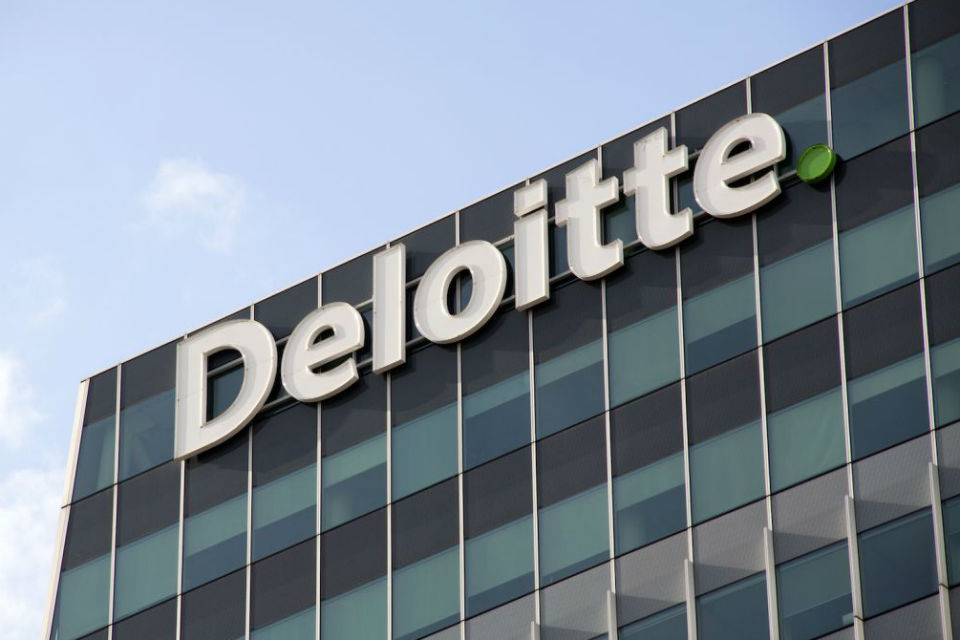Cyber risks, climate-related regulatory actions and rising interest rates will impact the most real estate companies’ financial performance in 2024

Financial results of commercial real estate companies (commercial spaces, business centers and offices, logistics premises) will be impacted this year mainly by cyber risks, climate-related regulatory actions and rising interest rates, according to Deloitte 2024 Commercial Real Estate Outlook global study.
Companies in Europe are mainly concerned about the same risks but place political instability second (instead of climate-related requirements). Regarding the evolution of real estate fundamentals, players in the field expect cost of financing (50 percent of companies globally and 57 percent in Europe) and capital availability (49 percent and 58 percent, respectively) to worsen through 2024.
On the other hand, 44 percent of participants (both globally and in Europe) expect an increase in mergers and acquisitions activity in the real estate market this year, mainly to diversify their asset portfolio and to add new technology capabilities. This aspect is important as 61 percent of global companies and 59 percent in Europe are still partially dependent on legacy technology infrastructure, but half of those are in transition to modern systems. 72 percent of global survey participants (67 percent in Europe) are piloting, in the early stage of implementing, or developing AI enabled solutions.
Regarding ESG (environmental, social, governance) regulations readiness, 59 percent of global companies (54 percent in Europe) lack the data, process, and internal controls necessary to meet compliance standards. However, they consider a series of sustainability related strategy initiatives in 2024, such as investing in IoT (Internet of Things) devices (45 percent), in risk management measurement capabilities (44 percent), but also in incorporating climate resilience elements into real estate developments or redevelopments (43 percent).
“The global economy transformations involve considerable financial efforts from real estate companies in at least two major directions. One of them is related to regulations aimed at meeting sustainability standards, which are evolving rapidly, both globally and in Europe, so the investment in compliance is becoming a priority. The European legislation also applies in Romania, and, for this reason, we expect players operating on the local market to face additional requirements from national authorities related to ESG compliance, including in the processes of issuing permits or building authorizations. The other direction to follow is the one aimed at adopting innovative technologies in order to develop smart buildings, but also to implement solutions to help real estate companies become more effective, such as property management digital solutions and legal requirements compliance tools for real estate portfolios (including permits and authorizations procedures),” said Irina Dimitriu, Partner at Reff & Associates | Deloitte Legal, and Real Estate Industry Leader at Deloitte Romania.
In terms of investment opportunities, assets associated with the digital economy are considered the most attractive this year, dethroning central office spaces (which come tenth globally), followed by building-to-rent and senior care centers.














